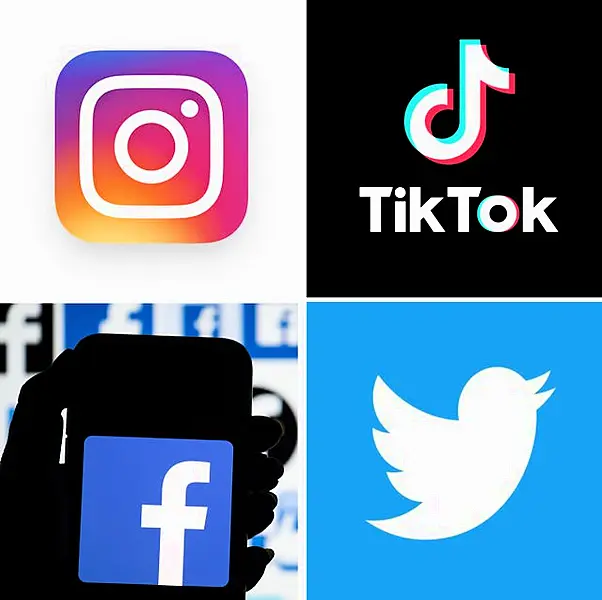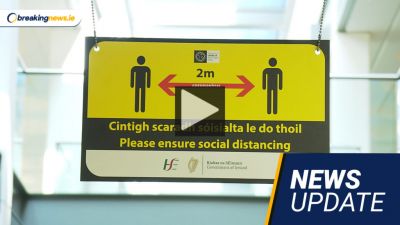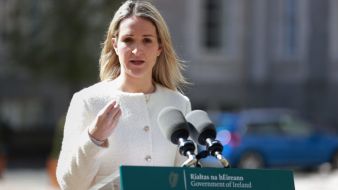Online attacks targeting public figures should be considered as a specific hate crime, a cyber-psychologist has recommended.
Mary Aiken, a professor of cyberpsychology and chairwoman of the Department of Cyberpsychology at Washington DC’s STEM University, said that politicians are subjected to online abuse by trolls.
Prof Aiken told the Joint Media Committee, that the Oireachtas should consider making it an offence to abuse public figures online as part of the forthcoming Online Safety and Media Regulation Bill.
She made the comments during a debate on online disinformation and media literacy.

“When I look at how politicians are targeted on social media platforms, the question in my mind is why would anyone in their right mind want to go into politics in this day and age,” Prof Aiken said.
“Why would you want to put yourself through this when young people see how you are targeted and how family members can be targeted and how nuggets of information can be taken and blown out of context.
“This is trolling.
“Trolling is a manifestation of everyday sadism.
“Do we want have platforms where sadists are actively encouraged to deploy for their own amusement and particularly target public figures.
“I think the targeted of public figures it is a very important to consider.”
The cyber expert said that while online activism is important, there is a rise of the “cyber pitchfork mob” where people are subjected to the cancel culture and removed from social media platforms.
She said this can happen without due process or a fair hearing or an evidence-based approach.
“We have seen this form of cancel culture because there is a lack of legislation to address these issues,” Prof Aiken added.
“The internet abhors a vacuum and what happens is that people step in to self-regulate.
“We have seen social media platforms self-regulating for far too long.
“This is the crux of the problem.
“I think there is a delicate balance to be struck between freedom of speech, freedom of thought, freedom of expression and censorship.
“It’s very complex, and you can have overlay between misinformation and disinformation.”
She said that a major issue in tackling the removal of disinformation is that comments are posted in real time.
She told the committee that a specialist expert group could be established to help advise what could be considered misinformation and disinformation in Ireland and the European Union.
The committee was told that it could be created with specifics to Irish issues.
“In order to identify something that is disinformation in a cyber context, you need to have a classifier system. Before that you have to create a taxonomy,” Prof Aiken added.
“You can classify an online harm, and you have a decision tree built around that classifier.
“The problem is to do that in an automated way, we have to invest considerable resources in these automatic data identifiers.”
She added: “We are seeing the rise of cyber anti-vigilantism, where particulars or people are targeted, people come together, and you get these pile-ons, and it can be extremely stressful for their person on the receiving end of that.
“There are ways to tackle it.
“You can look at repeat offenders, you can look at how organised it is, if there is political intent behind what is manifesting.”
Meanwhile, Dr Eileen Culloty, assistant professor in the School of Communications at DCU, raised issues about the lack of powers to compel social media companies to share information about its users.
“It’s a pretty crazy situation to be in that we have companies that have this information, but there is no instrument to compel them to share it with people,” Dr Culloty added.
Brian O’Neill, professor of media and communications and director of research at Technological University Dublin, said the reach of media literacy campaigns needs to be maximised.
In 2020, the Media Literacy Ireland campaign turned its focus to accurate and reliable information about Covid-19 and vaccines.

Mr O’Neill said that vulnerable people and those who are least likely to be able to access high quality resources are in need of targeted measures.
“I would stress that the general awareness raising is a long-term process,” he added.
“It has to be the responsibility for regulatory agencies to monitor on an ongoing basis to ensure media literacy is there on their radar.”







